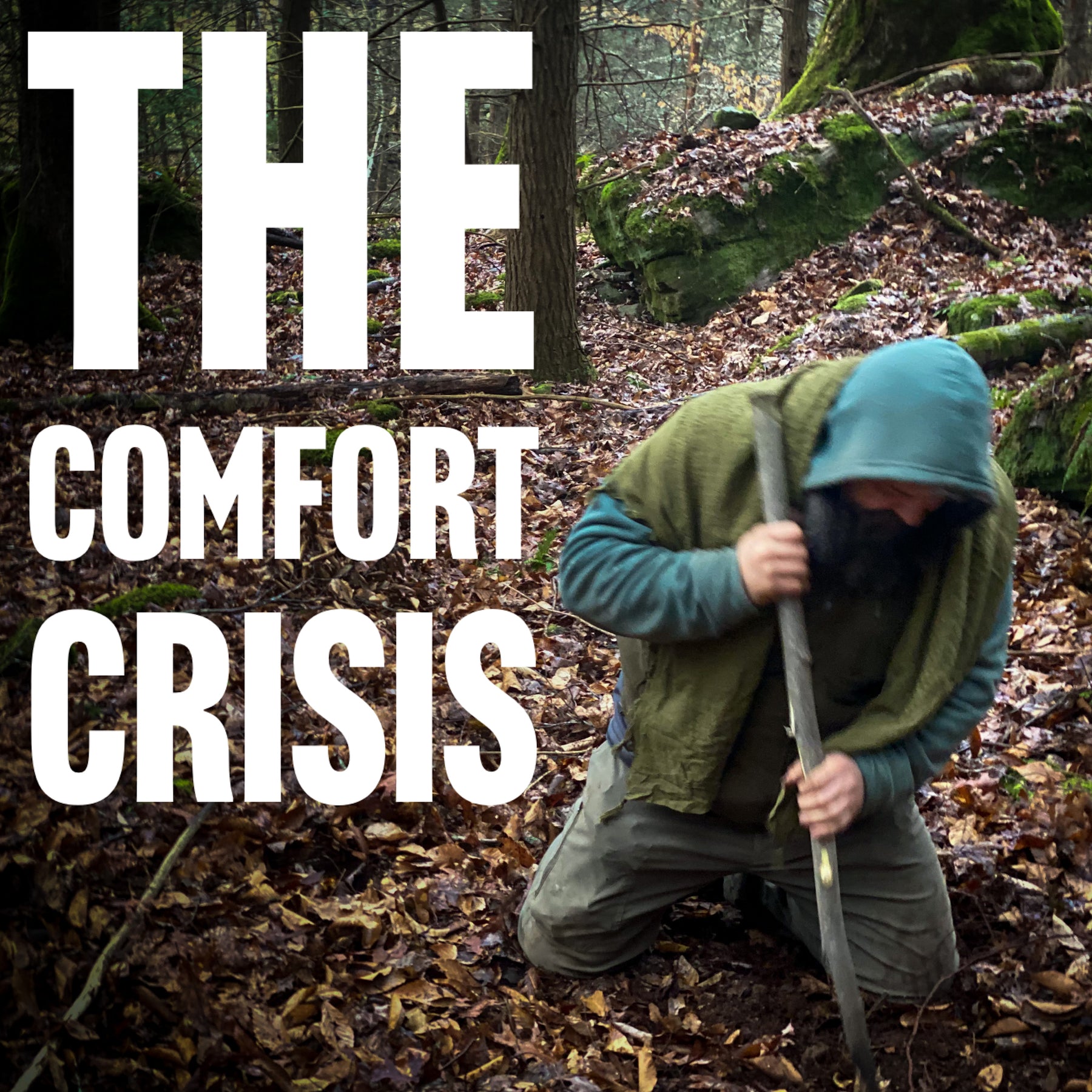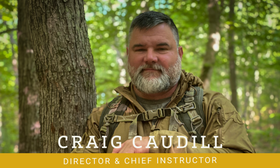
The Comfort Crisis, Book Review and Real-Life Application
Editors Note: This blog piece was written by NRS Cadre member, Mr. Wayne Elliot. Wayne pulled out some important aspects of the book our group is reading, The Comfort Crisis and then applied them to real life scenarios.
“We are living progressively sheltered, sterile, temperature-controlled, overfed, under-challenged, safety-netted lives. And it’s limiting the degree to which we experience our “one wild and precious life,” as poet Mary Oliver put it. But a radical new body of evidence shows that people are at their best – physically harder, mentally tougher, and spiritually sounder – after experiencing the same discomforts our early ancestors were exposed to every day. Scientists are finding that certain discomforts protect us from physical and psychological problems like obesity, heart disease, cancers, diabetes, depression, and anxiety, and even more fundamental issues like feeling a lack of meaning and purpose.”
What this has to do with survival training can be applied almost directly to many of the points that Easter makes in the book:
- Boredom is a good thing. With the availability of the internet on our phones, constant TV and other electronic media, working in front of computer screens all day, etc., our minds never shut off. We are in a constant state of focus. This is detrimental to us because our minds are not able to wander, and this where a lot of our creative thoughts are found. Tolstoy writes in Anna Karenina that boredom is a “desire of desires”. Our boredom will induce us to find ways to not be bored, this is where creative thought comes into play. Being able to spend time away from our computers, laptops and most importantly our phones will help us be more productive and creative in our lives, but the time spent immersed in nature has immeasurable benefits all on it’s own.
- Our comfort zones are way too controlled, we do not even know where our limits are because we are often not willing to risk moving to the edge of that zone, much less outside of that zone. In general, we as human beings are far more capable than we give ourselves credit for. Survival training is a great way to push beyond the edge of your comfort zone in a controlled and safe environment. As you become more skilled, you will want to push the edge of your zone further out. This leads to greater confidence not just in your abilities to survive if in an emergency, but it also leads to confidence in other areas of your life. As you gain this confidence, you find that things that used to stress you are no longer as big a deal. For in fact, you have learned how to deal with worse situations. I know that as I have expanded my skills and knowledge of survival, I have pushed myself to more difficult classes and situations. This has been by far been some of my greatest times of personal growth.
- Hunger has a way of controlling every aspect of our lives. We typically do not have to ever go without food unless we are doing so by choice. In America at least, we have almost unlimited access to calorie dense food any time we feel the slightest urge to eat. We regularly eat three meals a day and snack in between those meals. In fact, I heard someone say today only a few hours after eating a steak and baked potato that they were “starving”. As you progress to more advanced classes (like Nature Reliance School's Wilderness Safety and Survival 2 course), you will often have to choose to either be comfortable sleeping or comfortable eating due to the weight limit of the gear you are allowed to bring to class. It is invaluable to learn what it feels like to be thirsty and hungry. It really opens your eyes when you have gone 36 or 48 hours or even longer without food. This discomfort helps you to understand how your body reacts to this deficit of calories and gives you confidence and strength to deal with other discomfort and adversity in your life.
- The ability to carry heavy weight over distance is foundational to how our ancestors lived. This is still applicable today, when was the last time you put your bug out bag on your back and hit the trails for five miles or more? Our mostly sedentary lives have us exercising and pushing our physical limits less and less. Let’s talk about Safety and Survival 2 again for a minute. That weight limit is a blessing and a curse to some. It is only twenty-five pounds to carry, but you have to carry that twenty-five pounds roughly two and a half miles up and down some very rigorous terrain. You have to have the ankle and knee strength and mobility to walk up and down steep grades. You have to have the core strength to maintain your balance over rocky terrain with a load that is not normal on your back constantly trying to upset your thinly maintained balance. This taught me that I may be able to start a fire and build a shelter out of natural materials and all the glamorous survival skills, but if I can’t hike with the weight of my bug out bag for several miles if needed, those skills are close to being worthless. I would not have known this however, if I had not pushed myself in these classes and learned where I could improve. This sent me on other adventures for other times, but pushing the limits of my comfort zone helped me to be aware of these shortcomings and more importantly, gave me a reason to improve my physical fitness.
These are just a few ways that The Comfort Crisis speaks the benefits of taking some survival training and pushing the boundaries of your comfort zone to see what you are truly capable of.


Leave a comment